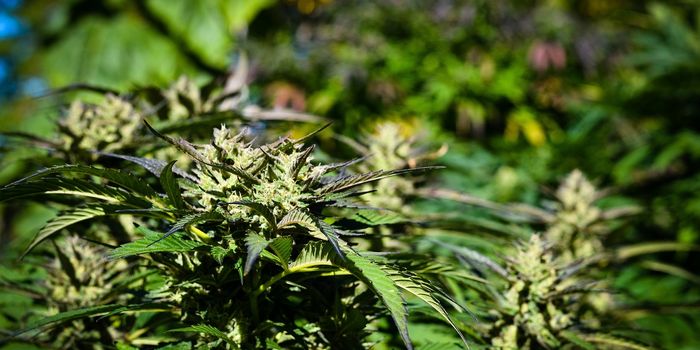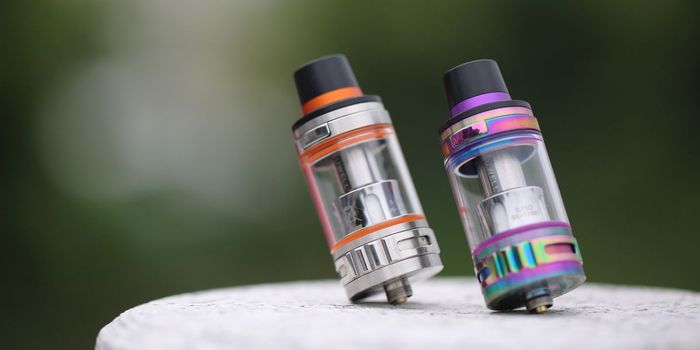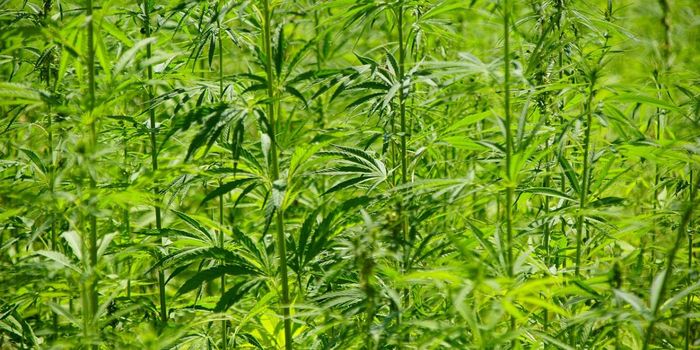Single Exposure to CBD & THC Disrupts Embryonic Development
It only takes one incidence of cannabinoid exposure during the first month of pregnancy to yield detrimental effects on a developing embryo. New research raises concerns that just a single exposure to cannabinoids like CBD and THC could cause birth defects similar to those caused by fetal alcohol syndrome.
The digital marketplace is crowded with claims that boast cannabidiol (CBD) as a cure-all for everything from anxiety and depression to chronic pain. CBD is a main component of cannabis, and unlike its infamous cousin, tetrahydrocannabinol (THC), it is not psychoactive. While one provides a “high” and one does not, both THC and CBD are cannabinoids (CBs), compounds important for functioning of the endocannabinoid system. Senior author of the new Scientific Reports study, Scott Parnell, PhD, is shining light on what science has yet to learn about these CBs.
"It is concerning how little we know about the use of marijuana, its CBs, and products like CBD oil during pregnancy," Parnell said. "We know that there is no safe period to drink alcohol during a pregnancy, and I think this research shows the same is likely true of marijuana use." In the new study, Parnell demonstrates - for the first time in mammals - a link between CB exposure and negative implications for early embryonic development.
The study focused on mice, which are reliable models of embryonic development in early pregnancy. Researchers gave mice varying amounts of CBs on the eighth day of pregnancy, the mouse version of the third and fourth weeks of human pregnancy. CBD concentrations were equivalent to a therapeutic range for humans, and THC concentrations were adjusted to reflect those of a human smoking marijuana.
In addition to studying the effect of CBs on early human development, researchers studied the effect of simultaneous exposure to both CBs and alcohol. When pregnant women are exposed to both at the same time, the chances of birth defects are more than twice as likely. Researchers find this particularly concerning, seeing that “previous studies have shown that CBs and alcohol are frequently used together.”
In addition to the trials done with mice subjects, Parnell’s team also tested synthetic cannabinoids in zebrafish. These studies showed that synthetic CBs “yielded similar growth formations as the natural CBs” in mice. “Having the same results across animal models reinforces our findings,” Parnell explained.
After connecting the dots between CBs and risk of birth defects, one question ultimately remains: what CB-directed physiological effects are causing the negative impact on development? Continued research will further elucidate the explanation, but Parnell’s team explains that CB exposure during pregnancy disrupts fundamental cellular processes and “signaling between molecules and cells that control growth and development.”
Parnell and his team are already planning follow-up studies to test the effect of multiple exposures to CBs and CBs paired with alcohol throughout pregnancy to mimic “real-life usage in human pregnancy.”








